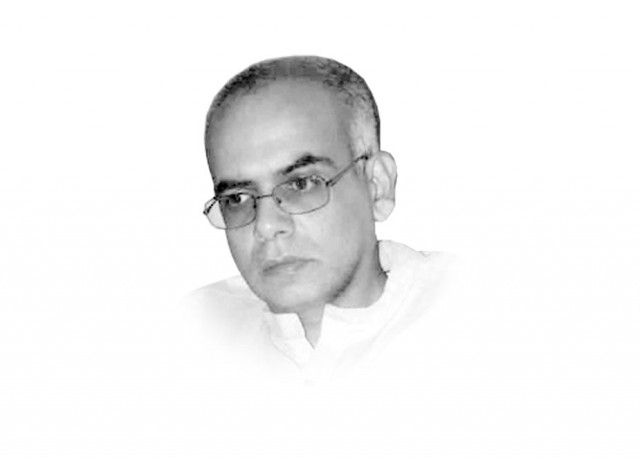How conflict undermines development
World Bank considers existing government agencies in countries like Pakistan ill-suited to cope with problems.

Conflict and security are not conventional topics for the World Bank and other international development institutions. However, they are closely related to development. For instance, people living in fragile states are twice as likely to be undernourished and 50 per cent more likely to be impoverished. And their children are three times as likely to be out of school.
Gaps in governance lead to popular frustration and provide opportunities to violent opposition movements — such as the Taliban — that have succeeded in establishing their shadow presence as a substitute to that of the state. This is how the Taliban gained support in Swat, by building on a variety of local grievances, including weaknesses in local law enforcement and justice institutions.
Following Islamabad’s 2009 military offensive to drive militants out from Swat and parts of Fata, the government — with assistance from the World Bank, the Asian Development Bank, the UN, and the European Union — undertook an assessment to address the needs of the people and understand the factors underlying violence. In Afghanistan, Pakistan and the tribal areas the chaos surrounding the conflict between the government, the Nato forces and the Taliban has enabled other armed groups to step up drug trafficking and criminal violence, as well as kidnapping, extortion and smuggling of a range of natural resources.
Discussing the situation in Fata, the World Bank report particularly stresses the need for removing or amending laws perceived as unjust and discriminatory, such as the Frontier Crimes Regulation, which applies a legal regime that is specific to the tribal areas. Since this multilateral needs assessment, Pakistan has faced an even more immediate challenge in the shape of last year’s devastating floods, which has made ground realities dire across several other parts of the country as well.
It is about time that multilateral agencies recognise that several regions of the world, plagued by political instability and criminal violence are being left far behind, both in terms of economic growth and improving human development indicators.
The World Bank considers existing government agencies in countries like Pakistan ill-suited to cope and instead calls for integrated international action on multiple levels to address this problem. It calls for investment in ensuring the security of citizens, providing effective justice and reform of public institutions to make them more responsive.
It is, however, vital for the World Bank to also be more reflexive while prescribing solutions to address the evident problem. For starters, this powerful lending agency could gain much more legitimacy if it does more to distance itself from US influence, which is not only responsible for much of the ongoing violence around the world today, but uses the promise of World Bank aid to pursue its own foreign policy objectives. Moreover, the World Bank must reconsider its unflinching faith in market-based policies to promote growth, since these have instead served to undermine public sector spending and increase disparities around much of the developing world.
Published in The Express Tribune, April 14th, 2011.












COMMENTS
Comments are moderated and generally will be posted if they are on-topic and not abusive.
For more information, please see our Comments FAQ